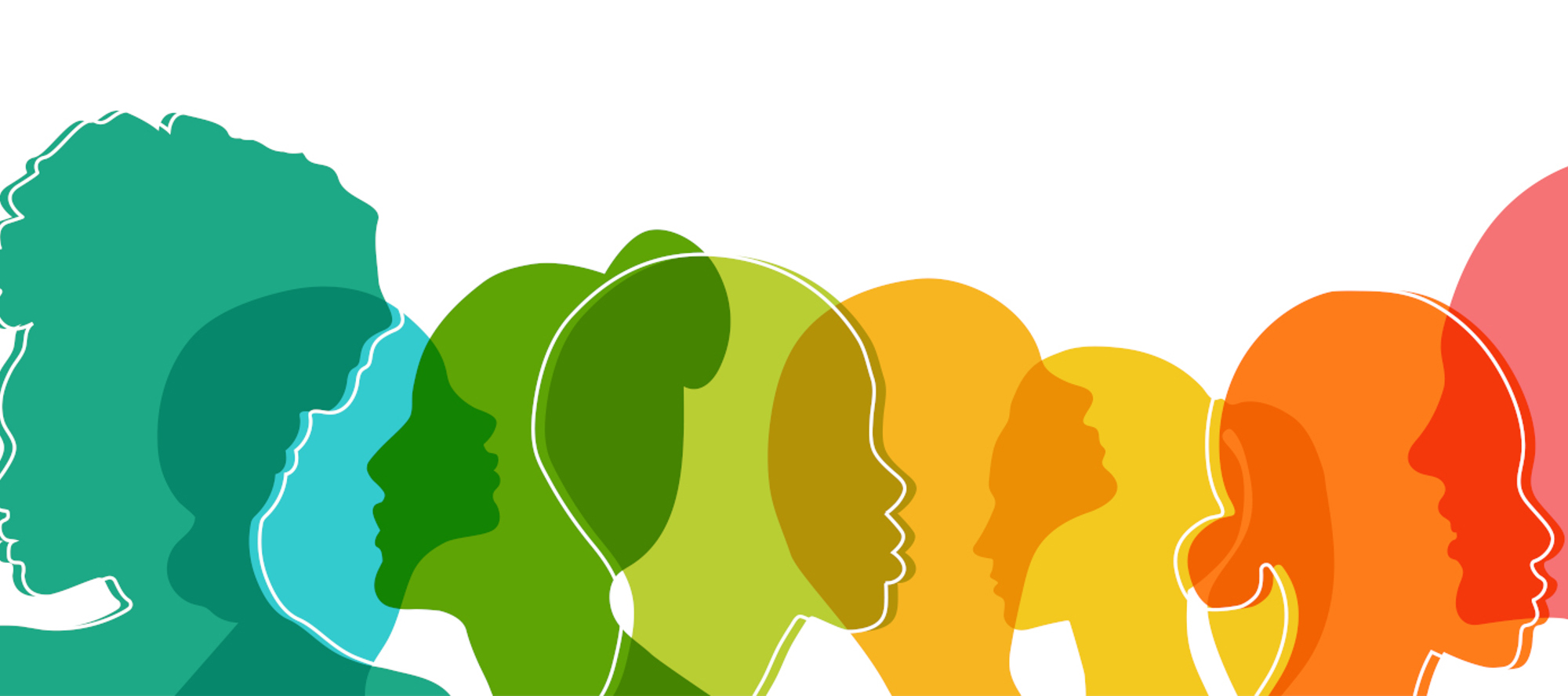We need to develop better practices for neurodiversity within social work.
Whilst some advances have been made with practice involving people who access social work services, we need to get better at supporting our neurodivergent colleagues.
I’m Jenni Guthrie, I have autism and attention deficit hyperactivity disorder (AuDHD). I’m a disabled social worker and parent. I currently work as Principal Curriculum Lead at Frontline and been a social worker for around 20 years. I’m currently completing a Professional Doctorate in Social Work focussing on Autistic social work students in practice education.
My name is Deb Solomon, I’m also an AuDHD social worker and parent. I currently work as a Practice Development Lead, having previously been an Adult Care social worker. I’m also the Vice Chair for British Association of Social Workers (BASW) Equality, Diversity and Inclusion Advisory Group.
Both of us are independent trainers and consultants regarding neuroinclusive practice in social work at varying systemic levels. We Chair and co- chair the BASW Neurodivergent Social Workers Special Interest Group.
The experiences of neurodivergent social workers
Neurodivergent social workers exist and, whilst statistical data is not captured systematically, there is a growing awareness that we will be present in every local authority service across the UK.
There are strengths associated with neurodivergence that can enhance social work teams and practice but, due to a lack of education and research within social work, some misconceptions and disinformation persists. This leads to mixed experiences of support and inclusion across the profession.
The impact can be unsettling, with many neurodivergent social workers afraid to disclose their neuro identity or even seek support for fear of reprisals. This was highlighted in a 2023 pilot study with UK social workers.
In 2022, the BASW Neurodivergent Social Workers Group was created and has continued to offer a space for neurodivergent social workers to come together and explore these experiences. As a result, we have developed a campaign that seeks to amplify the strengths, acceptance, and inclusion of neurodivergent social workers within the social work profession, from student to director of all social care organisations.
Part of this campaign is our neurodiversity Pledge.
The Pledge is a commitment by organisations that employ social workers to proactively achieve the following:
- Promote acceptance and understanding of neurodiversity among all members of staff that will focus on prioritising neurodivergent-led training and material.
- Create a culture of appreciation, celebration, and belonging in our organisation – we know that diversity is enriching, and we want our neurodivergent people to feel valued, celebrated, and welcome.
- Take direct action to create psychologically safe work environments for neurodivergent members of our organisation, and we will develop meaningful ways to receive and respond to feedback
What can you and organisations do?
Please discuss the Pledge with your organisation and how you can take part. Then follow the following steps:
- Consider each section of the Pledge and how you are going to implement them within your organisation.
- Determine how you will support your employees to commit to embedding the Pledge in their practice.
- Commit to a review date.
Supporting neurodivergent practitioners in your social care organisation
In new videos for Research in Practice we explore how organisations can support neurodivergent practitioners to thrive and progress, and, in the context of the continuing recruitment and retention crisis in social work, why it is important to do so.
The videos explore:
- Myth busting and common assumptions about neurodiversity.
- Adopting a strengths-based approach to supporting neurodivergent practitioners.
- The views and experiences of neurodivergent practitioners.
- Doing things differently: examples of effective practice and challenge questions for organisations.
If you have any queries or would like any further details please check the Social Workers Union website which is regularly updated.
If you are a neurodivergent social worker (or student social worker) and want to join the BASW Neurodivergent Social Workers Group, further information is available through our page on the BASW website.
We should recognise the many talents of being neurodivergent and create cultures that empower our colleagues.
